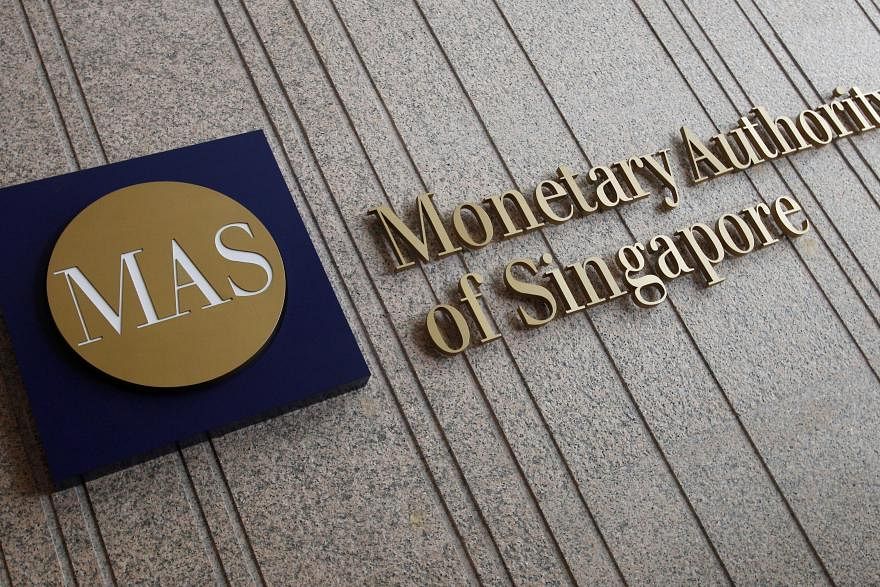THE Monetary Authority of Singapore (MAS) will have wider investigative and supervisory powers over the financial industry, with a new Bill passed in Parliament on March 7.
These include the ability to enter premises without a warrant and without first issuing orders to a suspect, to issue legally binding directions to holders of capital markets services licences, and to approve appointments of key people in more types of financial institutions.
Minister of State for Trade and Industry Alvin Tan said in his reading of the Bill that the changes will enhance MAS’ ability to enforce its regulatory regime and more effectively supervise capital markets financial institutions.
“This will further strengthen Singapore’s position as a safe and trusted international financial centre,” he said.
“As our financial industry grows in size and complexity, MAS must continually review and enhance its regulatory powers to ensure that it can effectively supervise financial institutions, as well as investigate and punish serious misconduct in our financial sector,” he added.
One of the amendments is aimed at strengthening the MAS’ capabilities in gathering evidence. It will give the authority more power to require people to appear before an MAS officer for examination and statement recording for investigation purposes.
It will also mean that MAS can enter premises without a warrant, without first issuing orders to a suspect to produce information. Before the amendments, under two Acts, MAS officers had to first issue orders and show that a suspect has failed to comply, before they could enter premises. This power to enter premises without a warrant has now been extended to some other MAS-administered Acts as well.
“This will enable MAS to enter premises without tipping off the suspect, and therefore reduce the risk of the suspect destroying evidence related to the investigation,” Mr Tan said.
In addition, the Bill will expand provisions that allow for the transfer of evidence between MAS, the police and other law enforcement agencies.
MAS will also have more power in capital markets, with the ability to issue directions to holders of capital markets services licences over their unregulated businesses. Currently, holders of such licences can conduct unregulated business, such as dealing in products not regulated by MAS, like digital payment token derivatives that are traded on overseas exchanges.
“These unregulated businesses may pose contagion risks to capital markets services licence holders’ regulated businesses. For instance, losses from a licence holder’s unregulated business could adversely impact its ability to meet its obligations to customers in its regulated business,” Mr Tan said.
“Customers may also not be fully aware that regulatory protections do not apply to the licence holder’s unregulated businesses.”
While MAS has issued guidance to such licence holders on having measures to mitigate risks and safeguards they should adopt, the Bill will empower the authority to issue legally binding directions to them, he added.
MAS will also have power over approving appointments of key people in locally incorporated, recognised market operators, recognised clearing houses and approved trustees – companies that the current legislation does not cover.
Finally, MAS will also require companies like approved exchanges, clearing houses, holding companies and licensed trade repositories to get approval when they appoint external auditors on an annual basis.
Mr Tan said it is important that the auditors appointed by these companies can satisfactorily perform their duties, given the central role such companies play in capital markets.
“With these amendments, MAS will align the approach for capital markets financial institutions with the approach that MAS has taken for other systemically important financial institutions under its purview, such as banks and insurance companies,” Mr Tan said.
He also addressed concerns that some MPs brought up. Mr Louis Ng (Nee Soon GRC) asked what kind of guidance enforcement officers will receive to exercise their expanded investigative powers.
Mr Tan said: “MAS has internal processes and guidance which (take) into account police procedures and practices to ensure that MAS officers exercise investigative powers lawfully and judiciously.”
He added: “MAS recognises that the ability to enter premises is a significant power. However, this power is necessary to enable MAS to effectively investigate potential breaches under the MAS-administered Acts.” THE STRAITS TIMES







